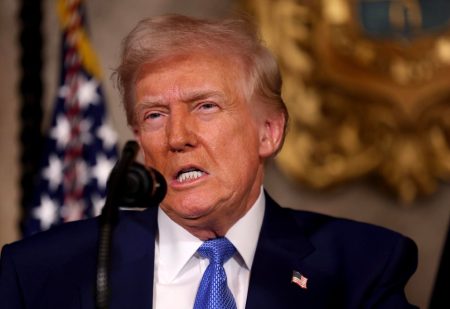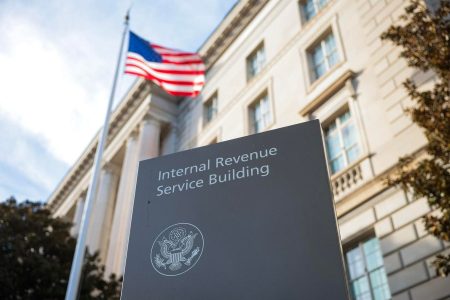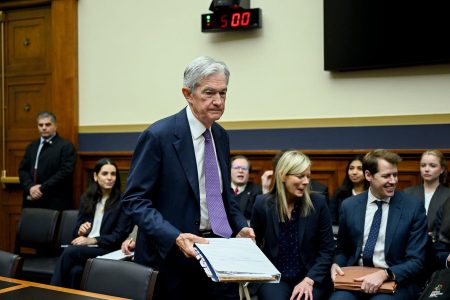The Texas Responsible AI Governance Act (TRAIGA), proposed as HB 1709, presents a paradox: a state renowned for its business-friendly environment considering one of the most stringent AI regulations in the United States. Modeled after the European Union’s AI Act and even exceeding California’s attempted regulations in scope, TRAIGA aims to address the potential risks of artificial intelligence, but its approach may inadvertently stifle innovation and deter investment in the burgeoning Texas tech sector, including jeopardizing the ambitious Stargate Project, a massive AI infrastructure initiative.
TRAIGA adopts a risk-based framework, targeting “high-risk” AI systems involved in critical decision-making processes across sectors like employment, finance, healthcare, and education. These systems would be subjected to mandatory impact assessments and risk management plans. The bill also prohibits “unacceptable risk” AI applications, including those employing biometric categorization or manipulating human behavior without explicit consent. A key component is the mandate for meticulous record-keeping for generative AI models and the emphasis on holding companies accountable for “algorithmic discrimination.” Overseeing this regulatory landscape would be the newly established Texas Artificial Intelligence Council, empowered to issue advisory opinions and formulate specific regulations. Enforcement would fall under the purview of the state attorney general, who could investigate alleged violations, initiate civil actions, and impose substantial financial penalties.
While TRAIGA incorporates exemptions for small businesses and offers limited experimental “sandboxes” for research and development, the overarching requirements, including impact assessments, compliance documentation, and a “reasonable care” negligence standard, pose significant burdens on companies engaged in AI development and deployment. The Act’s approach reflects a distinct departure from Texas’s traditional laissez-faire approach to business regulation and mirrors the more interventionist strategies seen in jurisdictions often criticized for hindering innovation. This shift raises concerns about the state’s continued attractiveness for tech companies, particularly given the parallel efforts in California that were ultimately deemed excessively restrictive.
The irony of TRAIGA is particularly striking given Texas’s recent emergence as a potential AI hub, largely due to the Stargate Project. This collaborative venture, involving giants like OpenAI, Oracle, and SoftBank, aims to establish a nationwide AI infrastructure network, with its inaugural data center under construction in Abilene. The project promises significant job creation and economic growth. However, the regulatory hurdles presented by TRAIGA could deter investors and stall the project’s progress, forcing companies to re-evaluate their commitment to Texas. The bill’s extensive documentation requirements, including high-risk reports and annual assessments, coupled with the need for updates with every “substantial modification” to AI systems, create a substantial administrative burden that could significantly slow development cycles in the rapidly evolving AI landscape.
While addressing algorithmic discrimination, a legitimate concern already covered by existing anti-discrimination laws, TRAIGA’s regulatory approach suffers from a critical flaw: the rapid pace of technological advancement far surpasses the capacity of state governments to effectively regulate. This mismatch risks a scenario where international competitors, operating under less stringent regulatory regimes, set the standards and shape the future of AI. The recent unveiling of DeepSeek’s open-source AI model, R1, a Chinese-developed system rivaling the sophistication of leading models from companies like OpenAI, exemplifies this risk. Even if domestic companies are hampered by stringent regulations, international competitors will continue to innovate and advance, potentially leaving the US behind.
The introduction of TRAIGA represents a significant turning point for Texas. While the bill’s proponents argue that it is necessary to mitigate potential risks associated with AI, the potential consequences for the state’s burgeoning tech sector are significant. The extensive regulatory burden imposed by TRAIGA could stifle innovation, deter investment, and ultimately cede leadership in the rapidly evolving field of AI to international competitors. This outcome would not only be detrimental to Texas’s economic future but could also have broader implications for the United States’s ability to compete in the global AI landscape.
The core issue is not the recognition of potential risks associated with AI, but rather the chosen approach to mitigation. TRAIGA’s heavy-handed regulatory framework risks creating a chilling effect on innovation, driving companies to seek more favorable environments elsewhere. Texas policymakers should carefully consider whether the perceived benefits of the proposed regulations outweigh the potential costs to the state’s economic competitiveness and its ability to attract and retain leading tech companies. A more balanced approach, one that fosters innovation while addressing legitimate concerns, is crucial to ensuring that Texas remains a vibrant hub for technological advancement and does not inadvertently cede ground in the global AI race. Failing to strike this balance could have long-term consequences for the state and the nation as a whole, potentially hindering the development and deployment of one of the most transformative technologies of our time.










